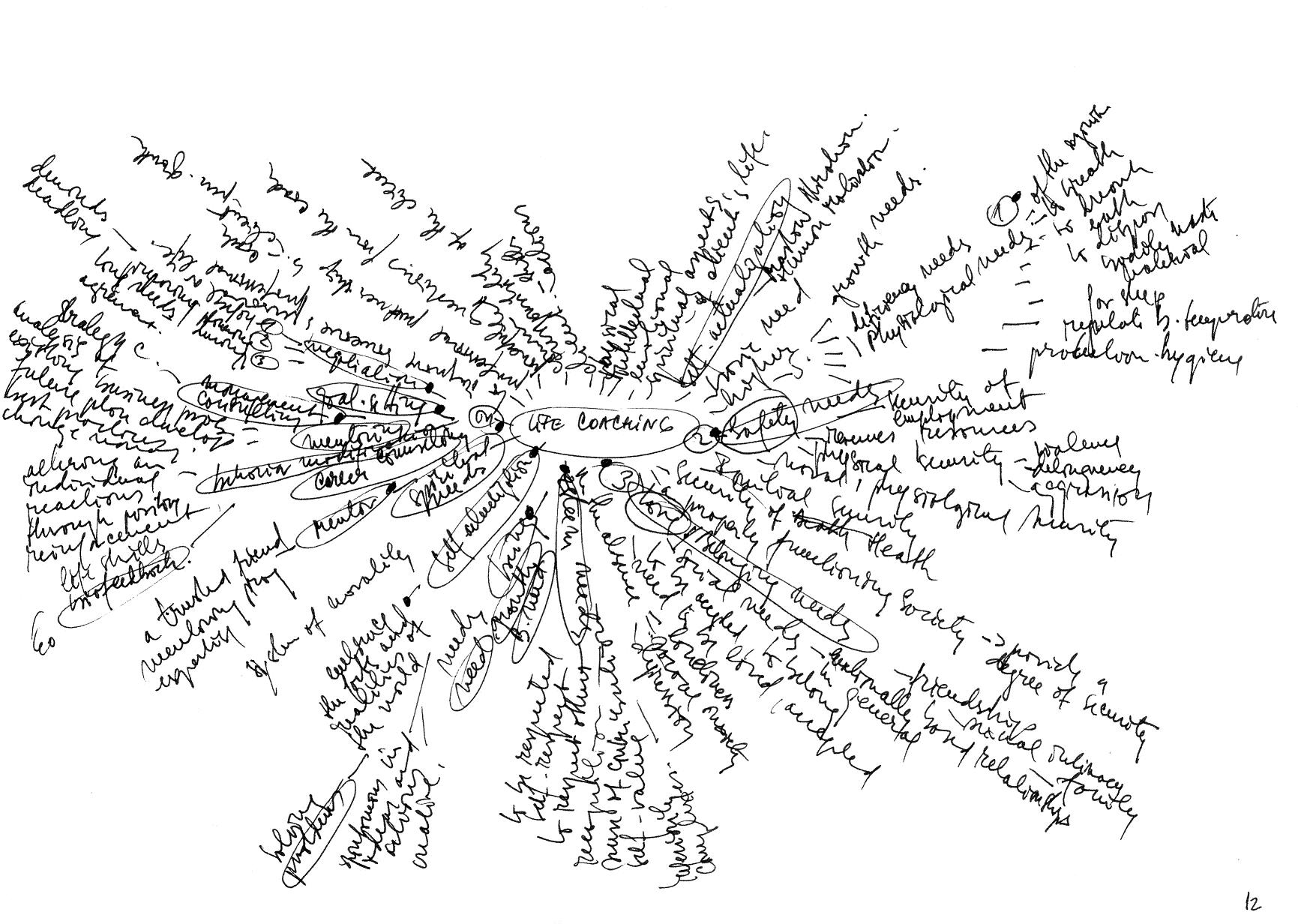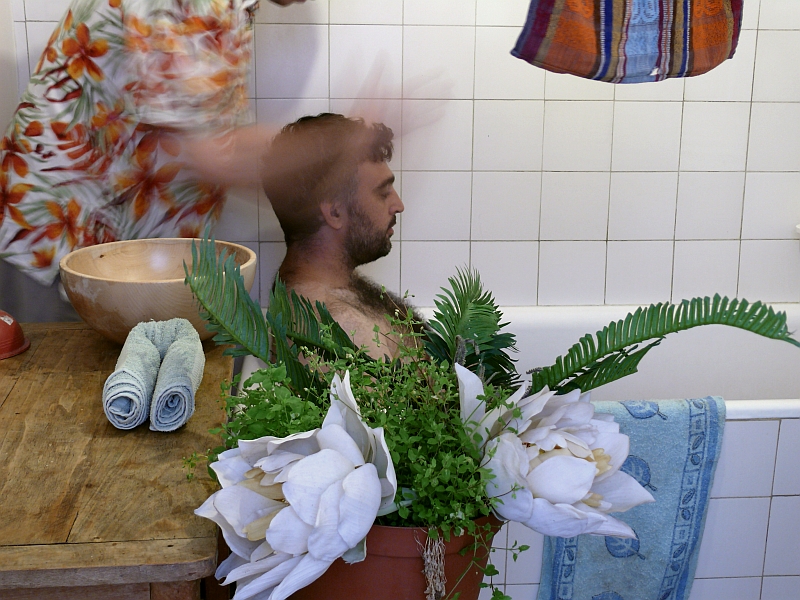Magdalena Ziółkowska (ed.), “Notes from the Future of Art: Selected Writings by Jerzy Ludwiński” (Book Review)
Notes from the Future of Art: Selected Writings by Jerzy Ludwiński, ed. Magdalena Ziółkowska, Eindhoven Rotterdam: Van Abbemuseum, Veenman Publishers, 2007, 240 pp.
After the great success of comprehensive translational enterprises, such as Between Worlds (2002) and Primary Documents (2002)See Between Worlds: A Sourcebook of Central European Avant-Gardes 1910-1939, ed. T. O. Bensen É. Forgács (Cambridge: The MIT Press 2002); Primary Documents: A Sourcebook for Eastern and Central European Art since the 1950s, eds. L. Hoptman, T. Pospiszyl (New York: Museum of Modern Art, 2002)., the volume Notes from the Future of Art: Selected Writings … Read more


.jpg)


.jpg)



